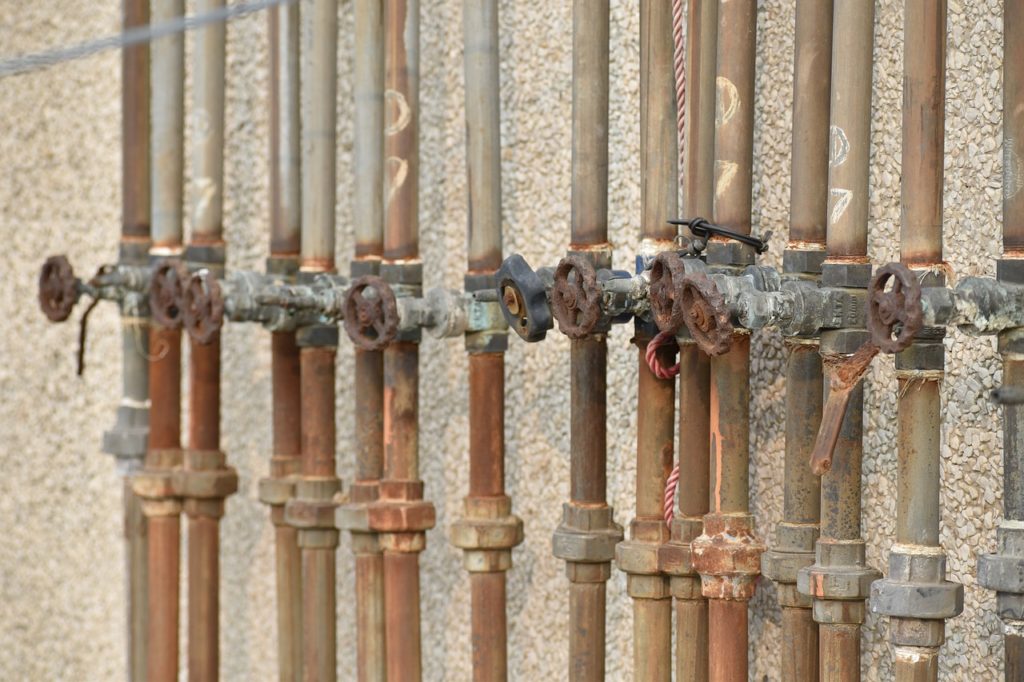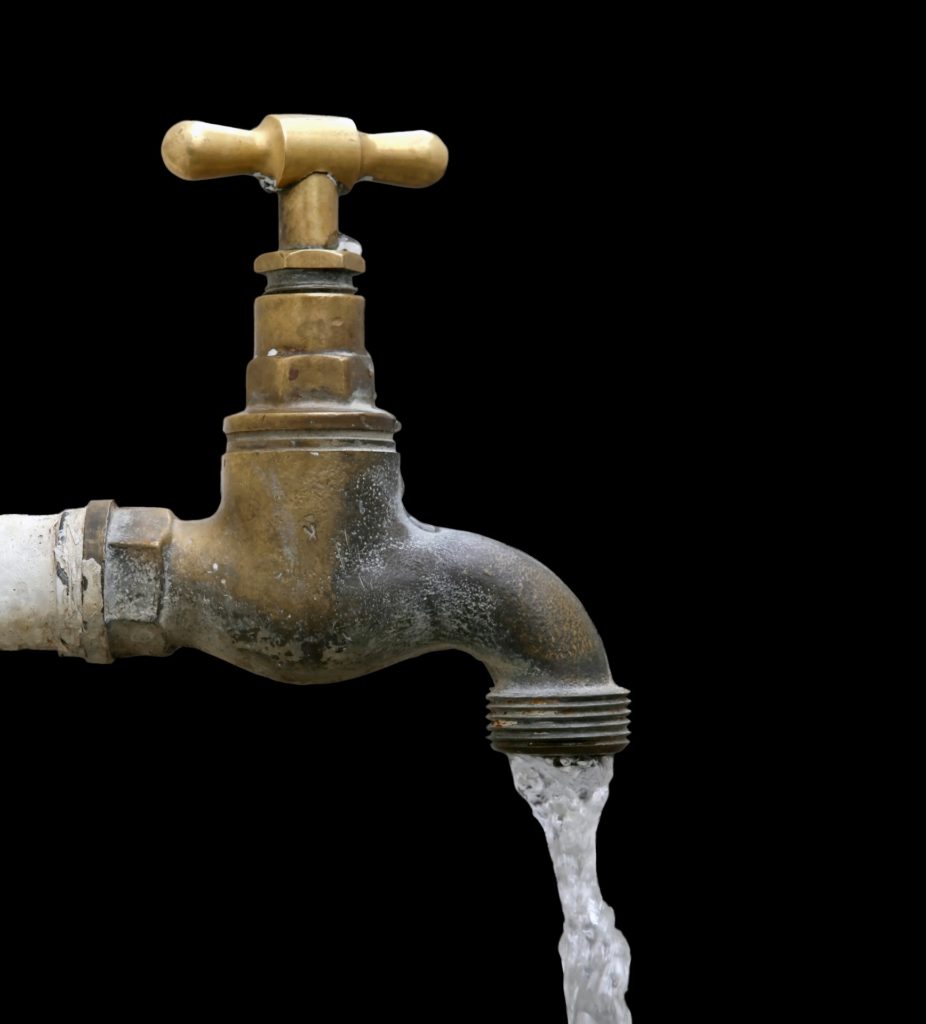If you hear something rattling, whining or gurgling in your home, there’s no need to call the priest. Well, not immediately. It turns out that there are many reasons that you could hear strange noises in your home that have nothing to do with the supernatural.
This article should be viewed as a kind of diagnostic aid – something that will help you discover what those strange noises you hear at night actually are. No spooky explanations required.
Clanging Sounds When You Turn On The Central Heating
Central heating is a marvel of the modern world, providing all the rooms in our home with a steady supply of heat at minimal cost – no need to light a fire in your bathroom – always a plus. But central heating comes with some annoying side effects, notably its habit of making clattering and clanging sounds as it switches on. The noise from heating can be especially unnerving when it turns itself on automatically first thing in the morning before you’ve woken up fully. What are all those noises? Is there a ghost in your attic?

The primary cause of central heating noise is that of the pipes expanding as hot water runs through them. Hot water causes the metal in the pipes to grow and then rub against the frame of the house. This rubbing can then cause knock-on noises which can sound somewhat ghostly. It’s important to remember that it’s normal to hear some clicking and knocking as the central heating fire up – that’s just the sound of pipes groaning as they expand. You should only start worrying if you hear a whirring noise: all the pumps in the system should operate silently.
Scratching Behind The Walls Or Under The Floorboards
Another common sound is muted scratching or scraping noises that appear to emanate from behind the walls or under the floorboards. If you’ve never heard these noises before, then it can be a big mystery what’s causing them. But nine times out of ten, it means that there’s a critter that’s made your house its home.
You don’t want wild animals taking up residence under the floorboards. Not only will they cause damage to your home but they also pose a risk of disease. You can learn how to get rid of rats here. Getting rid of pests should be a priority. If you see droppings, then it’s a sure sign that you have a problem with rats. Rat droppings are shaped like little sausages and come connected in long strings. Trying to get rid of rats or any other pests by yourself may not be the best idea. If you do notice the signs of an infestation, then get in touch with a company that specializes in Pest Control Kingston or closer to you. These problems are best handled by professionals with plans and techniques to get rid of the pests for good!
The Sound Of Running Water Even Though There Are No Faucets Open

If you can hear running water when no faucets are open, then you could have any number of problems.
Running water could be caused by the following:
- A cracked pipe under the foundations. Broken pipes are a common issue. Pipes can break for all kinds of reasons, especially those under the foundations. Foundations can shift over time, putting pressure on pipes and eventually causing them to crack, resulting in a loss of water.
- A problem with your irrigation. The sound of running water outside the home could indicate a problem with your irrigation system. Check your hoses for leaks.
- A busted pipe in the wall or floor. Pipes can eventually fail after repeated use, especially around joints.
The first thing you should do if you hear running water is shut off the main valve. If the noise goes away, then you know that the leak – or whatever the problem is – is located inside your house. If it continues, then it suggests a problem on the other side of the valve. In either situation, it’s good policy to call a professional plumber rather than attempting to solve the problem yourself. Amateur plumbing attempts usually end in disaster.
Whistling Noises From Your Furnace
Furnaces rely on filters to keep internal components clean and free from wear. Over time, though, these filters can become clogged, and it becomes more difficult for the furnace to pull in air from the outside. The motor that sucks in the air starts to work harder and harder, eventually causing damage that leads to annoying sounds, like whistling. Moreover, there is another issue with furnaces that can come with the kind of cables that are used in them. While stainless steel might be a strong contender, it can melt in extremely high temperatures, unlike tungsten cables that have a high melting point and can withstand the heat of the furnace without losing the original cable strength (you can read more of its other uses on this post about tungsten cable benefits).
You can start by checking if your furnace filters are clogged. Then check the motor: does the noise continue even after you’ve cleaned out the filters? If the sound continues, then you may have to replace components, like the cables, on your furnace.
To avoid this problem in the future, be sure to clean the filters in your furnace every few months or so. You want to prevent the stove expelling exhaust gases into your home, or drawing in air from your living space.